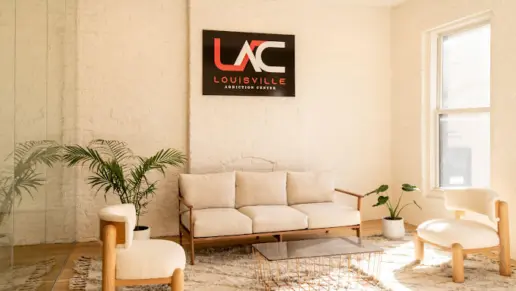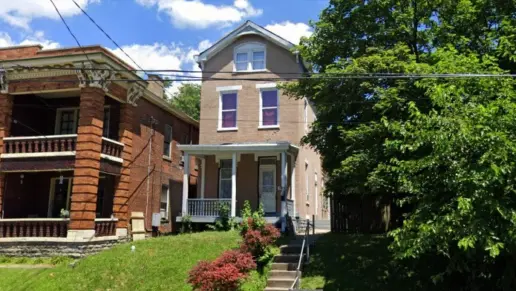They provide awful inpatient services it is dirty they are mentally abusive. food it bad staff is rude and unhelpful. do not recommend if you are looking for good inpatient i recommend Lincon Trail Behavioral Heath in Radcliff KY
About UofL Health Peace Hospital
University of Louisville Health Peace Hospital, formerly known as Our Lady of Peace, provides behavioral health care services for children, teenagers, and adults in Louisville, Kentucky. Their age specific programs include inpatient treatment, medication assisted treatment, partial hospitalization and intensive outpatient programming, and aftercare support, including specialized services for seniors, children and adolescents with complex needs, females with forensic issues, and those with co-occurring conditions.
Their residential unit is considered one of the largest psychiatric facilities in the country with 261 operating beds. Here, you can begin your recovery journey in a safe, supervised environment free of distractions and triggers. A multi-disciplinary team of clinicians works closely with you to analyze your current condition, assess your needs, and create customized treatment plans to help you reach your goals. Available services include medication assisted treatment, medication management, individual and group therapy, recreational therapy, addiction education, 12 Step meetings, pastoral counseling, and similar services. Children and youth who require inpatient care will participate in services at Kosair Charities Children’s Peace Center.
If you need to detox while in inpatient or outpatient treatment, they can participate in their medication assisted treatment. This program allows them to detox in a safe, medically supervised environment. As needed, providers can administer FDA-approved addiction medications to improve client comfort, minimize cravings, and lower the risk of relapse.
Their outpatient programs are designed to provide the best recovery options for adults 18 years or older, including an older adult specialty group. Program times are available for day and evening patients. During their treatment, patients receive various services, including meds, individual, group, and family counseling, 12 Step programs, recovery-focused education, and evidence based therapies such as motivational interviewing.
Following treatment, you’ll receive six months of free aftercare support, which allows you to engage in the outpatient programs they need without cost.
Peace Hospital may accept most private insurance plans. Speak to your individual provider to verify your coverage as out of network benefits could vary.
Facility Overview
Rehab Score
Gallery
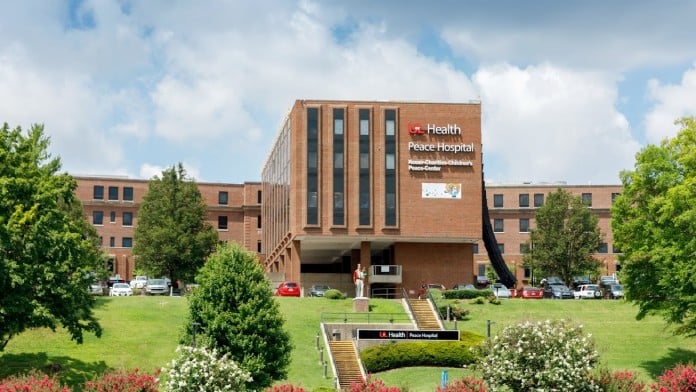
Location
Accepted Insurance
Other Forms of Payment
Medicaid is a state based program that helps lower-income individuals and families pay for healthcare. Medicaid covers addiction treatment so those enrolled can use their coverage to pay for rehab. When a program accepts Medicaid the client often pays very little or nothing out of their own pocket.
Private insurance refers to any kind of healthcare coverage that isn't from the state or federal government. This includes individual and family plans offered by an employer or purchased from the Insurance Marketplace. Every plan will have different requirements and out of pocket costs so be sure to get the full details before you start treatment.
Self-pay involves paying for treatment out of your own pocket. You can use savings or credit, get a personal loan, or receive help from family and friends to fund your treatment. If you don't have insurance or your insurance plan doesn't cover a specific program, self-pay can help ensure you still get the care you need.
Financial aid can take many forms. Centers may have grants or scholarships available to clients who meet eligibility requirements. Programs that receive SAMHSA grants may have financial aid available for those who need treatment as well. Grants and scholarships can help you pai for treatment without having to repay.
Medicare is a federal program that provides health insurance for those 65 and older. It also serves people under 65 with chronic and disabling health challenges. To use Medicare for addiction treatment you need to find a program that accepts Medicare and is in network with your plan. Out of pocket costs and preauthorization requirements vary, so always check with your provider.
Military members, veterans, and eligible dependents have access to specific insurance programs that help them get the care they need. TRICARE and VA insurance can help you access low cost or no cost addiction and mental health treatment. Programs that accept military insurance often have targeted treatment focused on the unique challenges military members, veterans, and their families face.
Addiction Treatments
Levels of Care
Treatments
The goal of treatment for alcoholism is abstinence. Those with poor social support, poor motivation, or psychiatric disorders tend to relapse within a few years of treatment. For these people, success is measured by longer periods of abstinence, reduced use of alcohol, better health, and improved social functioning. Recovery and Maintenance are usually based on 12 step programs and AA meetings.
Drug rehab in Kentucky often starts with detox, then includes inpatient or outpatient treatment, and continues with aftercare support. Specific methods used during each of these phases varies, but often include individual and group counseling, medication, and recreational therapies.
Their Pathways to Peace programs are recovery-based focusing on individuals with substance use and/or co-occurring mental health disorders. What separates their dual diagnosis program from more traditional methods is their integrated approach to treatment. They help restore Hope and Peace to individuals and their families. They provide patient-centered treatment in a healing environment.
At Our Lady of Peace, they offer programs that are designed to provide the best recovery options for adults 18 years or older. Their programs provide an integrated approach to treatment – addressing psychiatric and substance use disorders. A combined mental health and substance abuse treatment center has the staff and resources available to handle individuals with both mental health and substance abuse issues. It can be challenging to determine where a specific symptom stems from (a mental health issue or an issue related to substance abuse), so mental health and substance abuse professionals are helpful in detangling symptoms and keeping treatment on track.
Opioid rehabs specialize in supporting those recovering from opioid addiction. They treat those suffering from addiction to illegal opioids like heroin, as well as prescription drugs like oxycodone. These centers typically combine both physical as well as mental and emotional support to help stop addiction. Physical support often includes medical detox and subsequent medical support (including medication), and mental support includes in-depth therapy to address the underlying causes of addiction.
Programs




Clinical Services
Cognitive Behavioral Therapy (CBT) is a therapy modality that focuses on the relationship between one's thoughts, feelings, and behaviors. It is used to establish and allow for healthy responses to thoughts and feelings (instead of unhealthy responses, like using drugs or alcohol). CBT has been proven effective for recovering addicts of all kinds, and is used to strengthen a patient's own self-awareness and ability to self-regulate. CBT allows individuals to monitor their own emotional state, become more adept at communicating with others, and manage stress without needing to engage in substance abuse.
Creativity is inherently healing, and can help those in recovery express thoughts or feelings they might not otherwise be able to. Creative arts therapy can include music, poetry/writing, painting, sculpting, dance, theater, sandplay, and more. Unlike traditional art, the final product matters far less than the experience of creation and expression itself.
Dialectical Behavior Therapy (DBT) is a modified form of Cognitive Behavioral Therapy (CBT), a treatment designed to help people understand and ultimately affect the relationship between their thoughts, feelings, and behaviors. DBT is often used for individuals who struggle with self-harm behaviors, such as self-mutilation (cutting) and suicidal thoughts, urges, or attempts. It has been proven clinically effective for those who struggle with out-of-control emotions and mental health illnesses like Borderline Personality Disorder.
ECT is recognized by the National Institute of Mental Health as a successful treatment option for severe Depression, Bi-polar disorder and Schizophrenia. ECT can work quicker than psychotropic medications or traditional psychotherapy when other treatments have been unsuccessful. ECT is a safe and effective treatment. 80-85% of people have full remission of symptoms. ECT is a safe procedure with minimal side effects. Our Lady of Peace offers ECT on the Sts. Mary & Elizabeth campus. ECT is an outpatient procedure. They have staff that is dedicated to assist you from triage to recovery. The ECT team includes an anesthesiologist, a board certified psychiatrist, and a registered nurse.
Led by their Occupational Therapist their “Riding for Peace” Equine program is designed to address their patients many physical, occupational and sensory needs. Utilizing equine movement, their therapists provide patients with a multi-sensory experience that improves functional outcomes in the areas of physical gait and posture, sensory needs, social skill deficits and self-esteem.
Research clearly demonstrates that recovery is far more successful and sustainable when loved ones like family members participate in rehab and substance abuse treatment. Genetic factors may be at play when it comes to drug and alcohol addiction, as well as mental health issues. Family dynamics often play a critical role in addiction triggers, and if properly educated, family members can be a strong source of support when it comes to rehabilitation.
Group therapy is any therapeutic work that happens in a group (not one-on-one). There are a number of different group therapy modalities, including support groups, experiential therapy, psycho-education, and more. Group therapy involves treatment as well as processing interaction between group members.
In individual therapy, a patient meets one-on-one with a trained psychologist or counselor. Therapy is a pivotal part of effective substance abuse treatment, as it often covers root causes of addiction, including challenges faced by the patient in their social, family, and work/school life.
Life skills trainings involve all the skills a person must have in order to function successfully in the world. These include time management, career guidance, money management, and effective communication. Truly successful addiction recovery is based on the ability to not only live substance-free, but to thrive. Life skills teaches the practical necessities of functioning in society, which sets clients up for success in life, and therefore sobriety.
Motivational Interviewing (MI) is a clinical approach to helping people with substance abuse issues and other conditions shift behavior in positive ways. It is more goal-oriented than traditional psychotherapy, as MI counselors directly attempt to get clients to consider making behavioral change (rather than wait for them to come to conclusions themselves). Its primary purpose is to resolve ambivalence and help clients become able to make healthy choices freely.
Amenities
-
Residential Setting
-
Private Setting
Staff & Accreditations
Staff
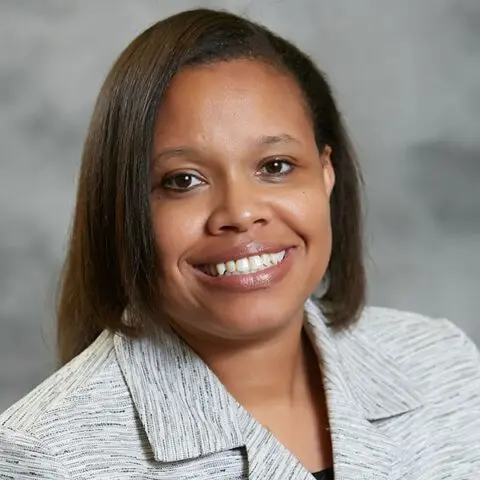
CEO
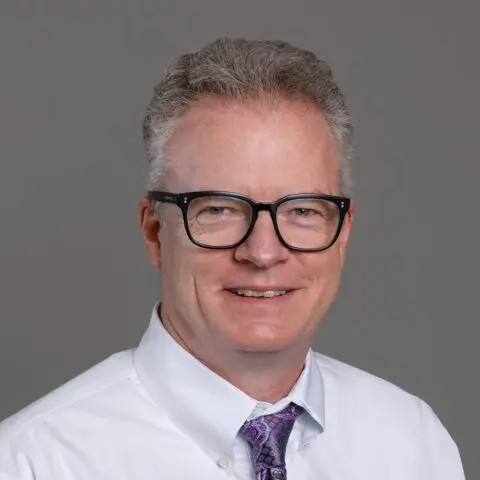
Chief Medical Officer
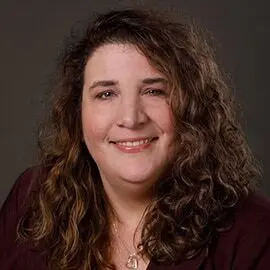
CNO
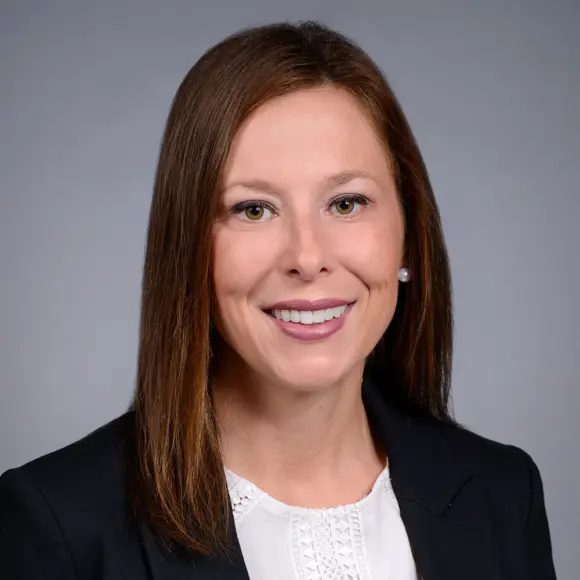
COO
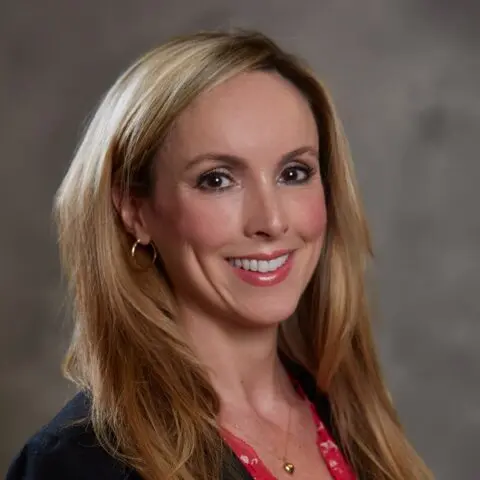
System Director of Behavioral Health
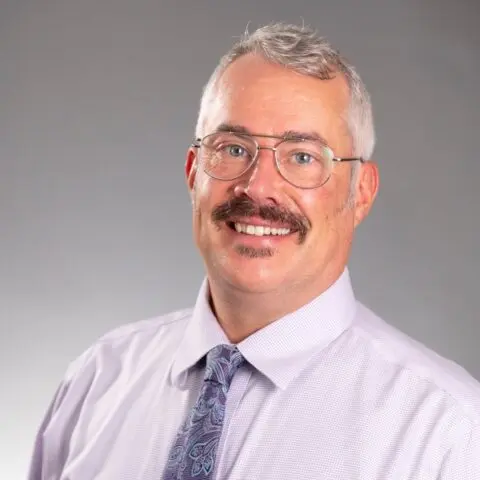
Director of Inpatient Behavioral Health Services
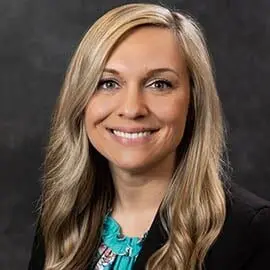
Director of Nursing
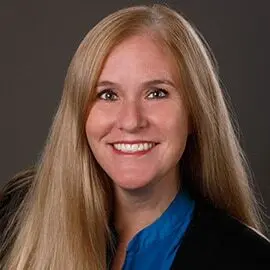
Director of Outpatient Behavioral Health Services
Accreditations

The Joint Commission, formerly known as JCAHO, is a nonprofit organization that accredits rehab organizations and programs. Founded in 1951, the Joint Commision's mission is to improve the quality of patient care and demonstrating the quality of patient care.
Joint Commission Accreditation: Yes
Contact Information
2020 Newburg Road
Louisville, KY 40205







